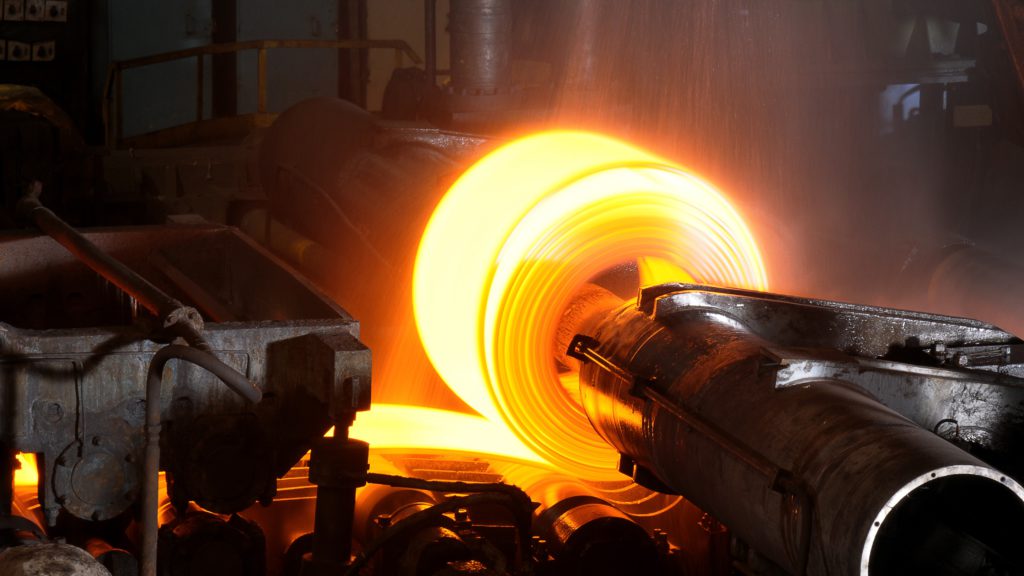India’s top mining, steel groups warn of adverse impact from export duty hikes

The increase in export taxes on iron ore, announced by the Indian government over the weekend, will lead to large surpluses at home, and mainly hit producers of low grade ores that depend on overseas markets, a mining industry body said on Monday.
On Saturday, the government announced that with effect from Sunday export tariffs on new iron ores and concentrates would be raised to 50% from 30%, and duties on pellets would be hiked to 45% from zero. The government also removed import tariffs for coking coal and coke.
Benchmark iron-ore futures in China – the world’s top consumer of the ore – rose about 7% in early trade on Monday, tracking their biggest daily jump in two-and-a-half months, as India is one of their major non-mainstream iron ore suppliers. Read full story
“This is self-defeating, actually, because there will be a lot of stockpiling,” R.K. Sharma, secretary-general of the Federation of Indian Mineral Industries (FIMI), said, adding that exports to China were also declining because of low grade quality of Indian ore.
Production by global miners, including BHP, Rio Tinto and Fortescue Metals Group in Australia, has been disrupted by supply-chain snags and pandemic-induced labour shortages, while Brazil’s Vale has also had to weather problems.
Steel export outlook dims
India, South Asia’s third-largest economy, also raised export tax by 15% on eight steel intermediates and scrapped import duty on coking coal, shortages of which have been driving up steel prices.
India’s top steelmakers body warned on Monday the new export duty on steel products will “adversely impact” mills that have been aiming to boost exports and widen global market share following Russia’s invasion of Ukraine.
The world’s second-largest crude steel producer churned out a record 120-million tonnes in the fiscal year that ended in March.
“The latest policy will dampen fresh investments,” Dilip Oommen, chief executive officer of ArcelorMittal Nippon Steel India Ltd (AM/NS India) and president of the Indian Steel Association, told Reuters.
AM/NS India – a joint venture between ArcelorMittal and Nippon Steel – believes that the decision to raise the steel export tax would hit the company’s 90,000 tonnes of steel exports every month, Oommen said.
Separately, Kaustubh Chaubal, vice-president of corporate finance group, Moody’s Investors Service, said the export duty increase would raise costs for domestic steel mills.
(By Neha Arora and Rupam Jain; Editing by Mayank Bhardwaj, Simon Cameron-Moore and Kirsten Donovan)
More News
Contract worker dies at Rio Tinto mine in Guinea
Last August, a contract worker died in an incident at the same mine.
February 15, 2026 | 09:20 am
{{ commodity.name }}
{{ post.title }}
{{ post.date }}




Comments